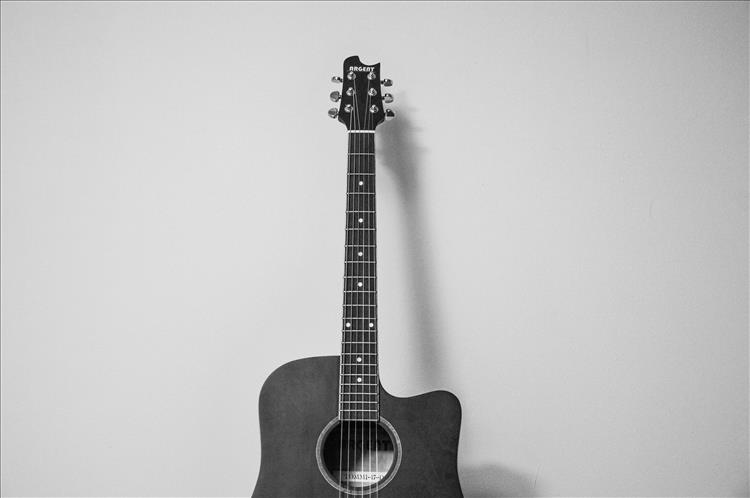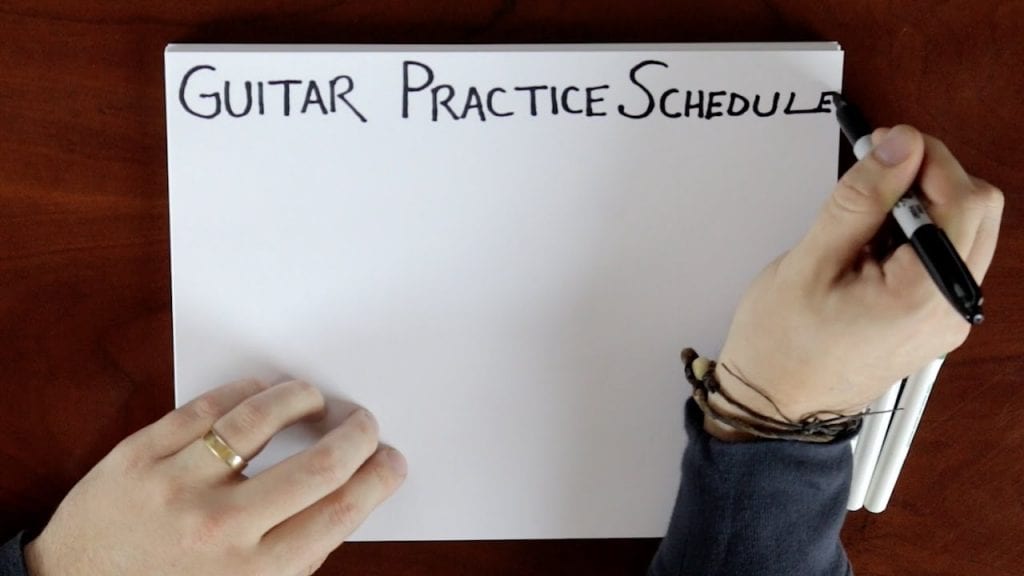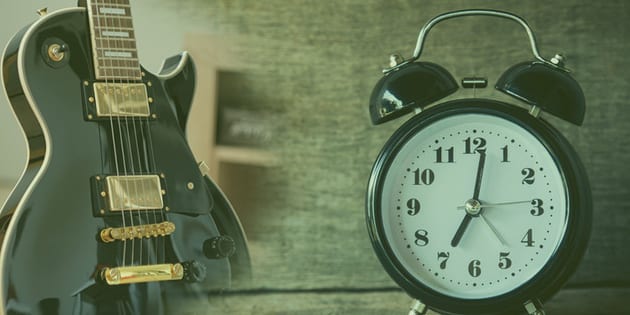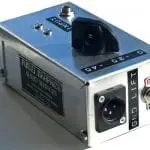If you are starting your musical dream of becoming a musician or songwriting, you may need to choose the instrument that you want to play. In most cases, rising musicians choose guitar as their starting instrument.
Your career will not jump start with just buying the perfect guitar. It is just a part of the process. In order to get yourself going, you must have the skills to pray the instrument. It is not all about having a good guitar; it is more about how you play the instrument to be able to create great music.
The saying “Practice makes perfect” applies appropriately to honing your guitar skills. Fortunately, with the help of technology, instructional videos on how to learn to play the guitar are available on the internet.
Playing the guitar is not practicing, but you have to practice to improve your skills. The practice is important to get your self acquainted and familiar with the different chords or frets. This is essential to get your hone your skill and to get into the flow of playing the guitar.
As a beginner, it is important for you to take the time to learn how to use the instrument. Keep in mind that great musicians who play the guitar so incredibly good have had spent many times practicing on how to play the guitar to be able to get to the expert level of skills that they have in playing the said instrument. Playing the guitar is like getting to know it. Every guitar player starts with the basics, and from there, there is no stopping what your fingers can do with this magical instrument.
Where to start?

To be able to get you started with playing the instrument, you must dedicate time to studying the instrument. You can get a guitar instructional manual as your guide in learning the chords. Thanks to the advancement of technology, there are a lot of instructional videos on how to play the guitar, especially for beginners. It makes things easy for you. All you have to do is to follow the instructions. The important thing is that you have to a lot a designated time for practice.
Why create a Guitar Practice Schedule?

Image Source
A practice guitar routine is one of the most effective ways to hone your guitar skills and an effective way to grow as a musician. This is the best way to mold your routine to be able to achieve the skill you need to fit your specific playing needs. The key point here is how much of your time will you dedicate to practicing and honing your skills.
How to create a Guitar Practice Schedule?

First things first, your availability is the most important consideration in creating a Guitar Practice Schedule. This schedule will not matter if you are not available. Why make it if you can’t make it anyway. In creating a Guitar Practice Guide, it is all about you, your time, your availability, and your drive to learn.
Creating a guitar practice schedule is not a one-size-fits-all curriculum. It should be customizable elements that will cater to your musical goals. Here are several tips on how to create a guitar practice schedule.
TIP#1 – decide on which learning material you are going to use. There are a variety of guitar books that are available in most bookstores with detailed instructions on how to play the guitar. There are books classified for beginners or professionals. Internet-based technology has also produced instructional videos on how to play the guitar, which makes it easier for most of us to learn how to play the instrument. The online courses also depend on which skill level you are into up until an advanced or professional level. Getting the right material is important as you start your guitar practice sessions.
TIP #2 – TIME. Decide on when is the best time that you can practice every day. It is suggested to practice every day. Spare a time among your busy schedule on when you can study and practice your guitar skills. In choosing the best time of the day to practice, make sure that you can focus and concentrate on learning the instrument. This would be the time when you are not busy with any other things and that you can focus your concentration on learning the instrument. In most cases, some people a lot their time practicing during the evenings when they have nothing to do afterward. It doesn’t really matter which time of the day is effective. The point is that when you select the best of the day, make sure that you will be able to concentrate and focus on what you do.
Another thing about time is how much of your time would you allot in your guitar practice schedule. Deciding how much time you’ll commit each day is also essential in your growth as a musician and in honing your skill. Dedicating an allotted amount of hours or minutes to a consistent schedule will help you in advancing your skills. It is best recommended that you practice every day. Your growth and the enhancement of your skill will also depend so much on how much you dedicated you are on practicing. If you have established a good guitar schedule, it may become no longer as something that you need to comply with daily but a habit that can benefit you as you pursue your musical journey.
TIP #3 After setting the time for your guitar practice schedule, it is now time to break down the categories. Breaking down the categories of practice will let you explore areas that you need to know and improve on. The categories that you may need to focus on are exercises, chords, scale, ear training, theory, sight-reading, songwriting, and improvisation. Knowing how to play the guitar will not make you an “expert” in what you do. There is more to it, and if you are passionate about what you do, these are the things that you need to know to master your craft. In each practice, the schedule would also progress as your skill increases. As soon as you master each stage, you have to proceed to the next level as well.
For example, you allot 2 hours a day in your guitar practice schedule. For starters, you may allow one hour for exercises and another one-hour in learning the scales. You have to do that again the next day and proceed to the next category if you have mastered the chords. In your next sessions, you may allot 30 minutes for practice, 30 minutes for scales, and then 1 hour in mastering the chords. Every practice should start with warm-ups. Then start playing a scale after warming up. Make sure to use all your fingers; even your pinky should be at work. Keep and maintain the right posture and positioning whenever you practice. As you start warming up, keep playing the scale, and try different keys as well. Proceed, do other categories as soon as you have mastered every category.
Example of a 2-hour guitar schedule:
- 15 Minutes – Warm Up/Stretching
- 15 Minutes – Practice the chromatic scale ascending and descending (start tempo: 80bpm)
- 30 Minutes – Chord Study – Practice whatever chords you are having difficulty with currently using arpeggios to seek out muted or bad notes and adjust
- 20 Minutes – Speed training with metronome scales (alternate picking)
- 20 Minutes – Freestyle! Start learning something new!
- 20 Minutes – Arpeggio practice
Do every day until you master all categories. Again, it will take a lot of patience, but it will surely be rewarding in the end. As you continue with your daily practice, it may come as a routine already, and learning is not becoming tedious yet enjoyable as you become better in what you do.
TIP#4 Developed a technique. As you master what you do, its time to develop and practice a technique. Technique coms as your skill advances. The technique can be practiced as soon as you have mastered the different categories. This is playing the guitar with skills that you have acquired with the progress of your practice sessions. Developing a technique can be continued in the advanced parts of your guitar practice schedule.
TIP#5 Check your progress. Learning how to play the guitar requires a lot of patience, and to master, it requires a lot of skill. If you have the desire to master how to play the guitar and have the passion for pursuing a career in music with a guitar in your hand, then you have to religiously practice playing the instrument to become the best in what you do. Everyone starts from the beginning.
Great guitarists have started from a single chord until they have mastered the skill to play it. If you are practicing daily, it is best to record your progress and see your improvement each time. It won’t be perfect at first, but as you become accustomed to what you do, you can also customize your schedule. Keep notes because you won’t be able to remember everything. The best thing about practicing is that you will be able to repeat the good things that you have done and correct your mistakes. A journal is your perfect fall back in learning how to play the guitar.
TIP #6 Customize the guitar goal category. The exercises during your practice will help you achieve any categories. Most of them are general exercises that you can use in any kind of category. It allows your fingers to familiarize each chord; that is why it is important to keep your fingers working during the exercises. If you want to play the blues, you may need to keep a harmonious pay of your fingers to create the chords, but for hard rock or if you want to become a metal player, then you must need to master rhythmic and power chords which needs a more advanced skill. There is no limit on how you can play these categories. You just have to remember the basics and mix it with the skills that you have acquired during your practice sessions.
Every musician’s need is different
What you need to be able to learn the guitar and become a great guitarist is different from your friend or another aspiring guitarist. It is best to know what you need and how much you can make every session so you won’t be pressuring yourself in learning the instrument. Each on differs on the pacing. It is best to know your pace as you learn to master this instrument. The only thing that you must consider is learning this at your own pace. Let your head and your body absorb each lesson so that you can master what you do. It is easy to get lost in our heads if we have too much of something. Retention is key.
TIP #7 Record your guitar practice sessions. Aside from creating a journal, it should also be best to record your practice sessions. You can listen back to your recording and check on how much you may have improved. You can also listen to areas that you may need to work on and focus on them to address the issue. Taking notes and listening back will help you to quickly assess your weak points and work on them.
Having a realistic and solid guitar practice is very important and vital as you go about learning and mastering your craft. Playing your guitar is more than just strumming. It is more than than just paying the chords and humming the tune. Discipline and passion are key elements for a person to become an excellent guitarist. How much time and effort that you invest in learning and mastering the instrument will help you become better in what you do. A guitar practice schedule is a way of honing your talent, and the discipline you put into it will show your determination and your passion for becoming successful in what you do. If you are just starting to learn how to play the guitar, the tips that we have mentioned above will surely help you set your priorities in terms of practicing on how to play the guitar.



